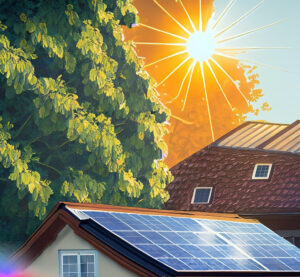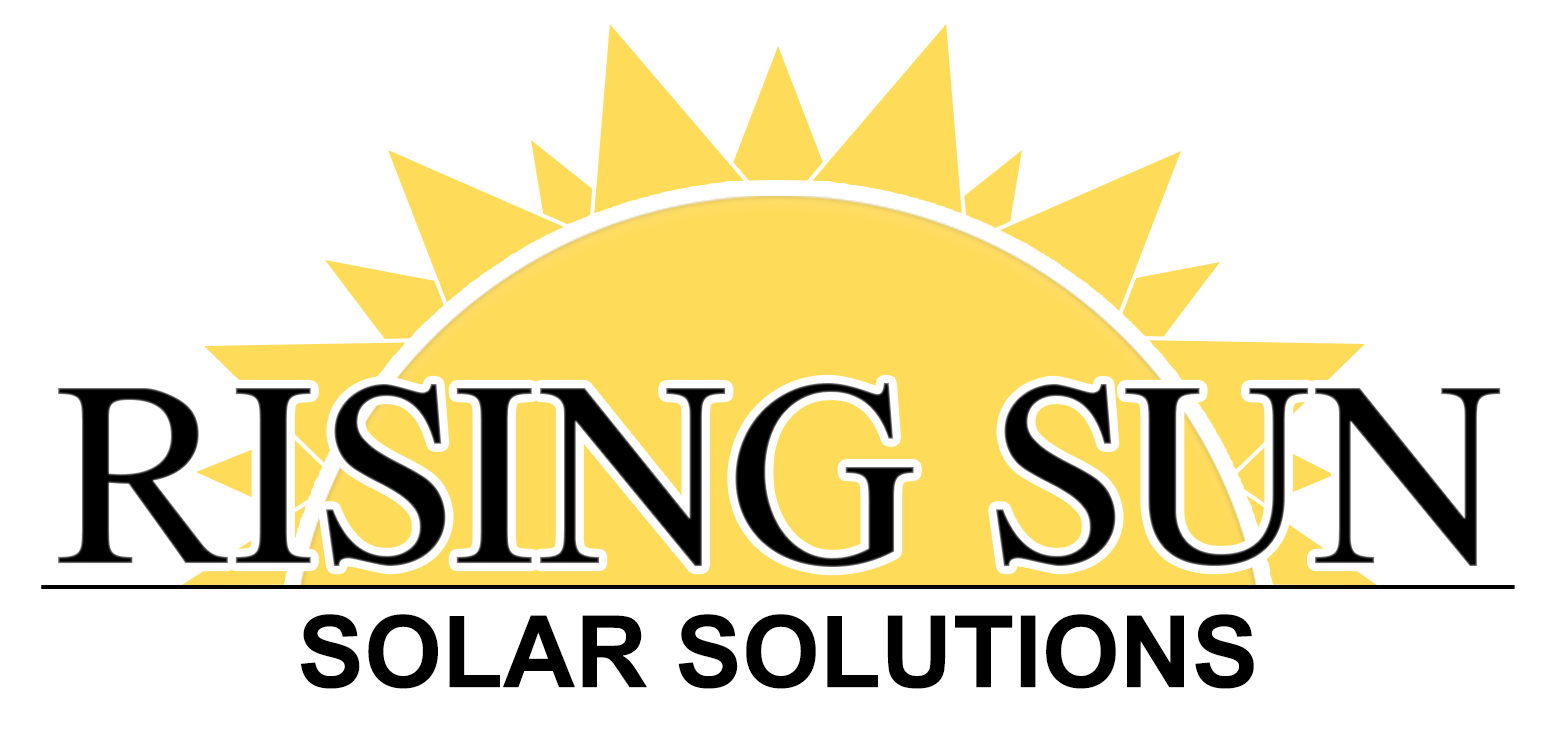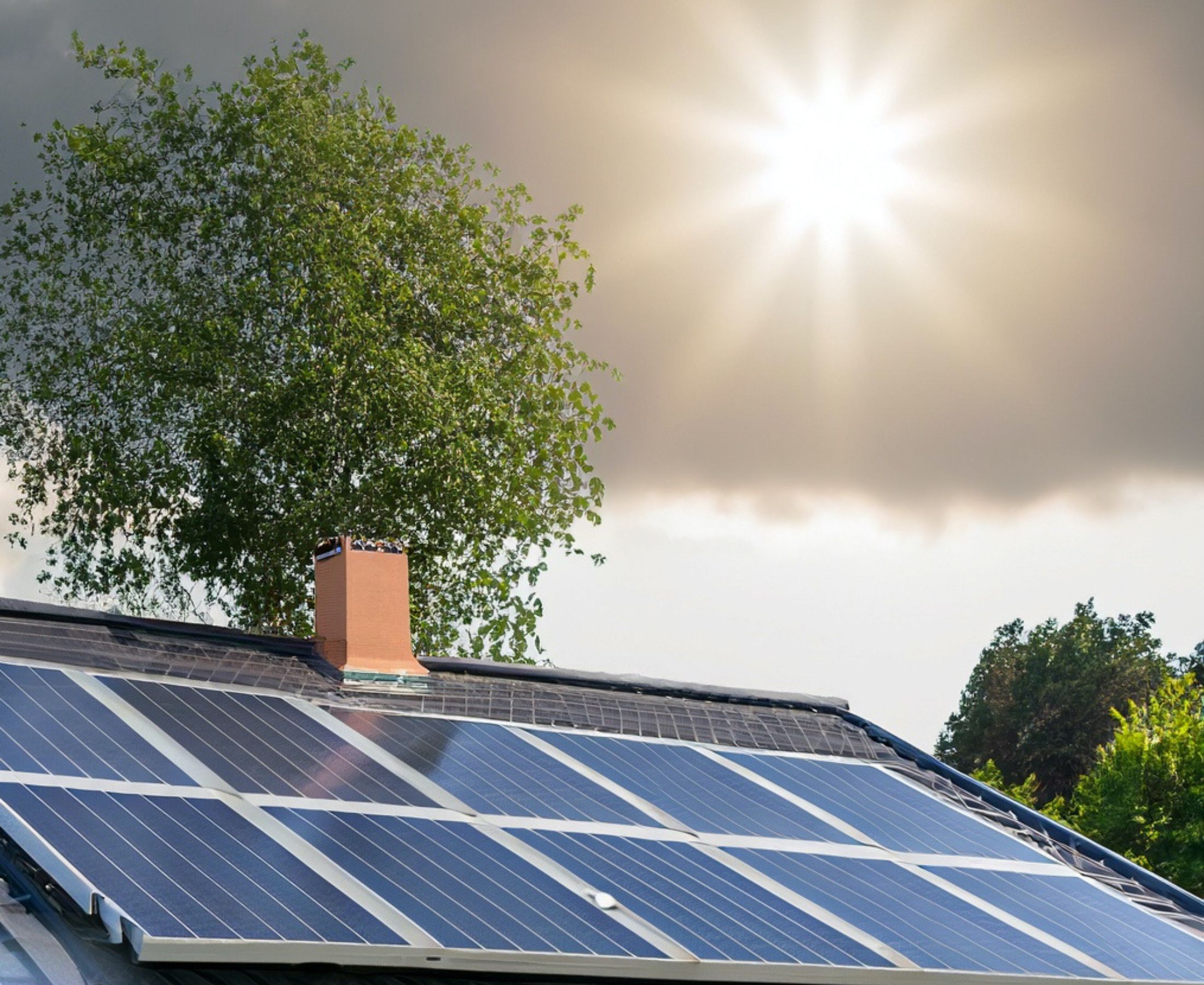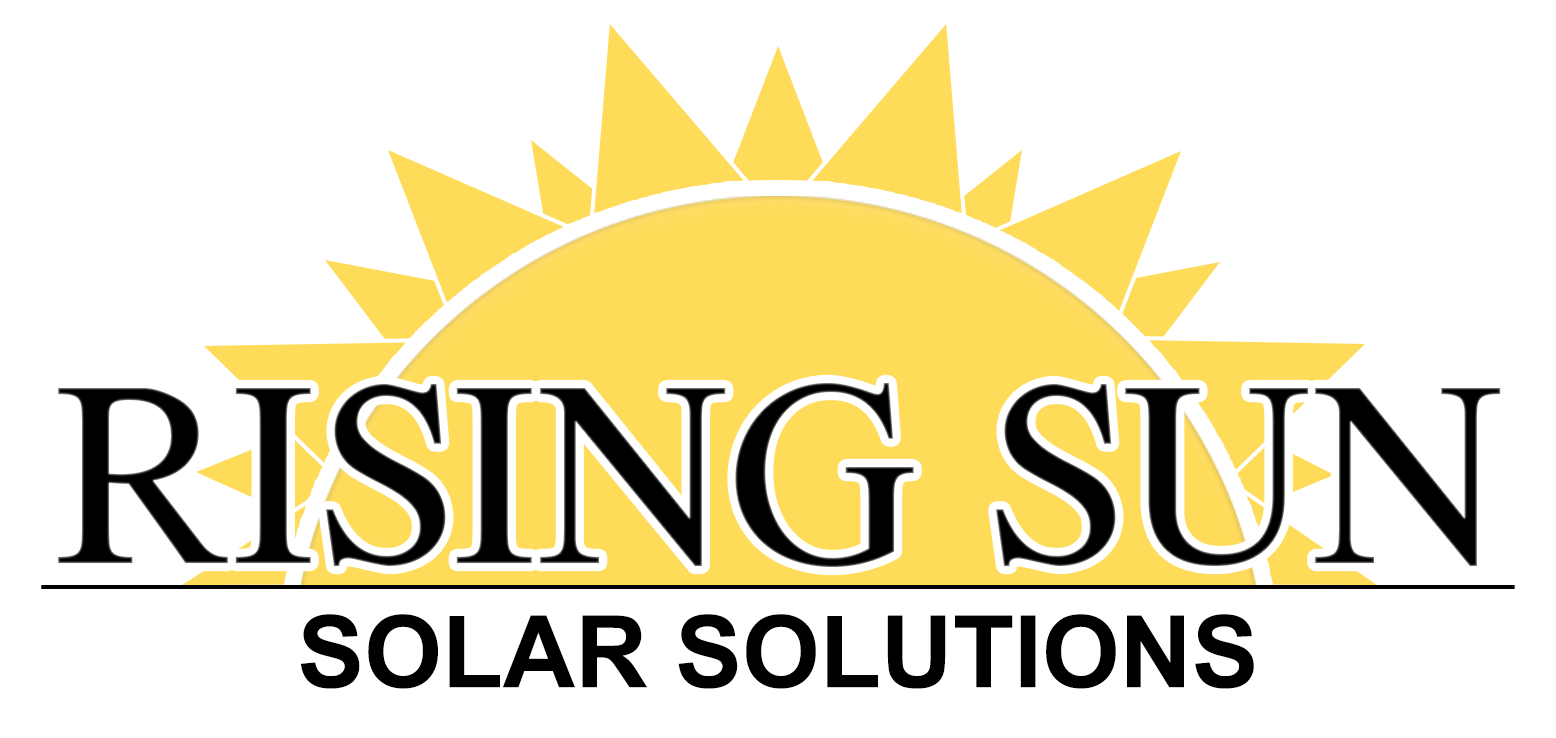In Maryland, residents enjoy an average of 213 sunny/partly sunny days a year. However, one of the most popular questions and concerns among people who want to install solar is still: Do solar panels work without sunlight?
Even with so many days of sunshine, this is a very valid question because the sun is the primary source of energy, which you hope will power your home without interruption. But what happens at night and on a cloudy day?
Find out how solar panels work when the sun isn’t shining in this guide.
How Solar Panels Work
Solar panels use a photovoltaic (PV) system to convert sunlight into energy. When the photos found in sunlight hit the PV panels, they aggravate the electrons. When electrons begin moving, they detach from the atoms.
This creates an imbalance as electrons move away from the atom. Mobile electrons generate an electrical current that gets transferred to an inverter to collect the current’s energy. It then turns the direct current (DC) into alternating current (AC.)
Solar panels need protons to work; therefore, they require sunlight.
Do Solar Panels Need Direct Sunlight?
Solar panel sun energy is at its peak on a clear day as they absorb mostly the protons from visible and near-infrared light rays. Direct, unobstructed sunlight generates the most energy.
Why do you get sunburned on a cloudy day? Because 90% of ultraviolet (UV) rays pass through clouds as radiation. UV radiation is not absorbed by solar panels, although new technology is on the horizon.
For now, your solar panel sunpower is limited to only visible light.

How Long Can Solar Panels Work Without Sunlight?
Even though your solar panels need sunlight to generate energy, this doesn’t mean that you won’t have power on a cloudy day or at night.
Panels can still collect some protons in partial shade as well as retain excess protons from when the sun was shining.
The answer to how long can solar panels work without sunlight depends on several factors.
Position and Location of Solar Panels
The angle of your roof or the position of your panels determines how much direct sunshine it receives. So if your panels are in partial shade throughout the day, then they will collect fewer protons.
Where you live and the season also effects on the number of sunlight hours. For example, your panels will produce more energy in the summer than in the winter months.
Inverter Types
There are two types of solar power inverters: a string inverter and a micro inverter. The main difference between these two inverters is the way they interact with one another during the transference of energy.
A central string inverter collects power from your solar panels as one unit. However, a microinverter collects energy from individual panels. If one panel is left in the shade, then it would affect the processing power of the rest of your system when using a string inverter. But, with a microinverter, partial panel shade would not affect the rest of the solar panel system.
Battery Backups
The best way to have continuous solar energy (no matter the weather or time of day) is to use solar backup batteries.
Store excess energy while the sun is bright to use for later. This means that with enough battery backups, you could see no downtime in solar energy.
Speak with a Rising Sun Solar Solutions technician to see how many solar backup batteries you require based on your energy usage and solar panel energy capacity.
Evolving Technology
Solar energy in Maryland and across the country is an evolving energy as we develop new ways to capture protons and take advantage of the sun’s immense power. Keep an eye out for the following innovations in solar technology:
- Panels are being developed that absorb UV rays which will create larger energy inputs even when the sky is overcast.
- Large-capacity solar power backup batteries that store more energy for longer periods.
- New solar materials like Perovskite allow for faster manufacturing and cheaper production costs, as well as easier installation.
Getting the Most Out of Your Solar Panels
The short answer is ‘yes’ to the question: Do solar panels work without sunlight? However, as you can see, it gets more complex than that. Getting the most use out our your solar panels has a variety of factors. This is why you need a professional from Rising Sun Solar Solutions to assess your site and energy requirements to ensure you get the right amount of panels in the correct location.
Contact us for a free energy evaluation today to get started.


